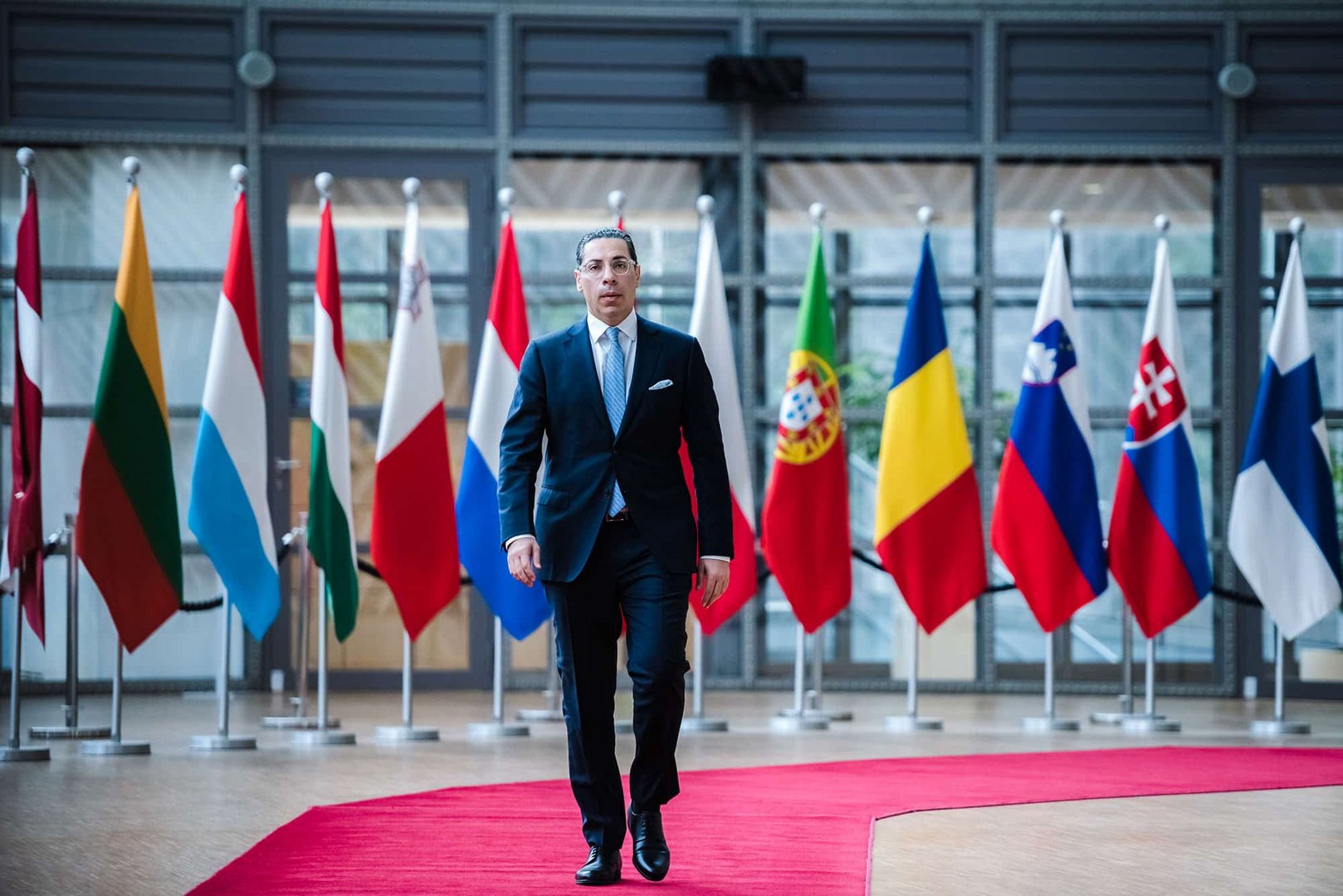Foreign Minister Constantinos Kombos on Monday called for de-escalation of what he described as an “unprecedented” conflict in the Middle East.
Speaking ahead of the day’s European Union foreign affairs council, he said, “we all call for de-escalation, we call and ask for intensive diplomacy and dialogue to be the way forward”, adding that he hopes for “maximum restraint” to be shown by those involved.
He added that the EU itself must undertake “intense activity” with a view to bringing about de-escalation and an eventual end to the conflict.
“We need an action plan for engagement, and we must ensure that we lead in these difficult times … The stakes are high. The EU cannot be and is not a passive observer,” he said.
Meanwhile, Spain’s Foreign Minister Jose Manuel Albares went further, calling for an “immediate” suspension of the EU’s association agreement with Israel, and embargo on EU arms sales to the state, and individual sanctions against all those who seek to “thwart” a two-state solution in Israel and Palestine.
“It’s not denunciations which will stop this inhumane war in Gaza, it’s actions. And I am clearly going to put three on the table,” he said.
He later called on the EU to have the “courage” to say “no to war and yest to diplomacy and negotiation” with Iran.
“Europe must be brave enough to raise the flag of peace, to defend international law, to say no to war and yes to diplomacy and negotiation … It is time for diplomacy, to return to the negotiating table. There is no military solution in the Middle East. It has been attempted on many other occasions, and all that has resulted has been chaos,” he said.
The EU’s foreign affairs chief Kaja Kallas, meanwhile, elected to focus her attention on the Strait of Hormuz, a chokepoint between the most northerly point of Oman and Iran’s southern coast, which provides the only seaborne access between the Persian Gulf and the open ocean.
Iran’s parliament had voted unanimously in favour of the country blockading the strait in retaliation to the United States’ bombing of nuclear facilities in the country over the weekend, with fears being raised over the potential ramifications such a move would have on the global economy.
“The concerns of retaliation and this war escalating are huge, especially closing of the strait of Hormuz by Iran is something that would be extremely dangerous and not good for anybody,” Kallas said.
French Foreign Minister Jean-Noel Barrot, meanwhile, warned against attempts to force regime change in Iran, though stressed that the country’s nuclear programme constitutes and “existential risk” for Israel, the wider region, and Europe.






Click here to change your cookie preferences